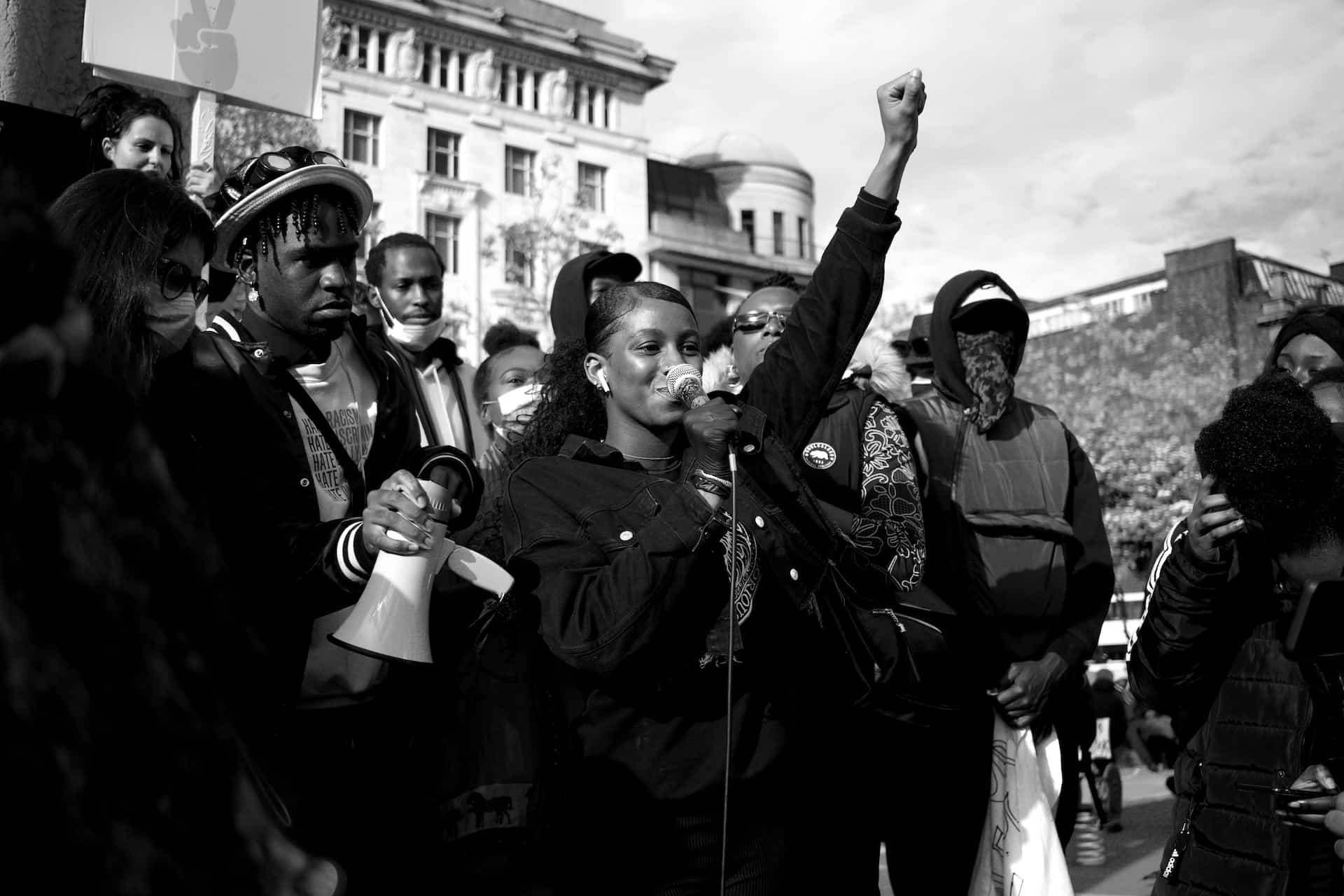
Inclusion. Diversity. Equity. These totemic concepts are everywhere, from urban health to government policy. The aim, it’s claimed, is to open the doors of opportunity and give vulnerable, disadvantaged, and minority communities an equal stake in society. But all too often, there’s a feeling such words are rattled off, more as buzzwords in a box-ticking exercise than policies truly designed to change lives.
For diverse communities living in the heart of urban centres, such words are more than mere jargon. It’s access to basic medical care. It’s years of difference in life expectancy. It’s living in poverty despite being surrounded by affluence.
Rowena Estwick, a Diversity, Equity & Inclusion Strategy & Operations Manager at a London-based urban health foundation, tackles these health inequity challenges. Over the past four years, using endowments to reduce health inequalities in dense, multicultural areas, Rowena trialled different approaches in two diverse London boroughs.
Such boroughs present a myriad of challenges, from navigating the linguistic landscape of over 300 languages to questioning if current practices do more to enforce inequalities than solve them. Rowena and her colleagues have devoted themselves to a single goal: how to make these concepts be more than just lip service.
Part of the problem, Rowena realised, was perspective. Unlike many working in urban communities, Rowena is local to the borough. She knows the streets, the people, the problems. It was this unique perspective that cast a new light on the situation.
No longer were minority communities bundled under monolithic acronyms like BAME. Instead, Rowena stressed the need to desegregate urban health policies – “not everyone’s experience is the same.” She saw the importance of green “clean open spaces” for children to “play, socialise, and connect.”
After developing the Youth and Play Association, Rowena moved into the world of urban health.
In the grassroots of the charitable sector, she was surprised by how little the organisations reflected the diversity of the communities in which they worked – often London’s most culturally and ethnically diverse neighbourhoods.
Though well-meaning, such organisations lacked the right perspective to solve entrenched problems, because they neither understood nor engaged the communities themselves. Initiatives and solutions only scratched the surface of these problems. Meanwhile, deeper questions were neglected – how do you influence organisations to reflect the diversity in which they work? Change local behaviours? Provide contextual knowledge of the true problems?
It’s a question of trust and understanding.
This phenomenon is not new. Robert Peel famously tackled a similar challenge when establishing the Metropolitan Police almost two centuries before. His concept of “policing by consent” meant that legitimacy came from the common consent of the people. That was easier to earn if officers were hired from the communities they policed – and more effective too.
Conclusion
Rowena’s lesson is now changing the face of urban health. Her goal is to engage communities in solving health inequalities through feedback, dialogue, and traditional academic research. The logic – if people feel heard, understood, and recognised, they’re more likely to participate.
But as Rowena is quick to point out, it’s not an uphill battle. Institutions want to engage and change; they just don’t know how. She believes a better future is possible through transformational leadership and a gradual push towards rectifying biases and prejudices. Even if it’s only her “great-great-grandchildren [who] will benefit.”
What do you think?
LISTEN TO THE FULL PODCAST:
